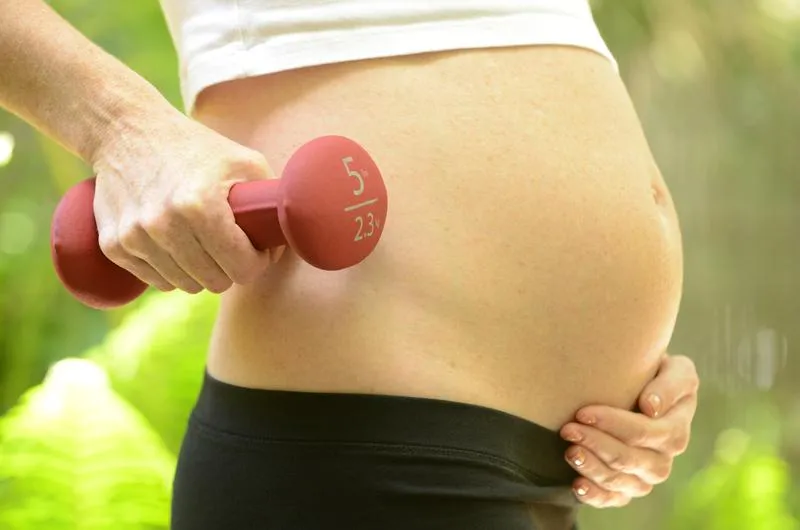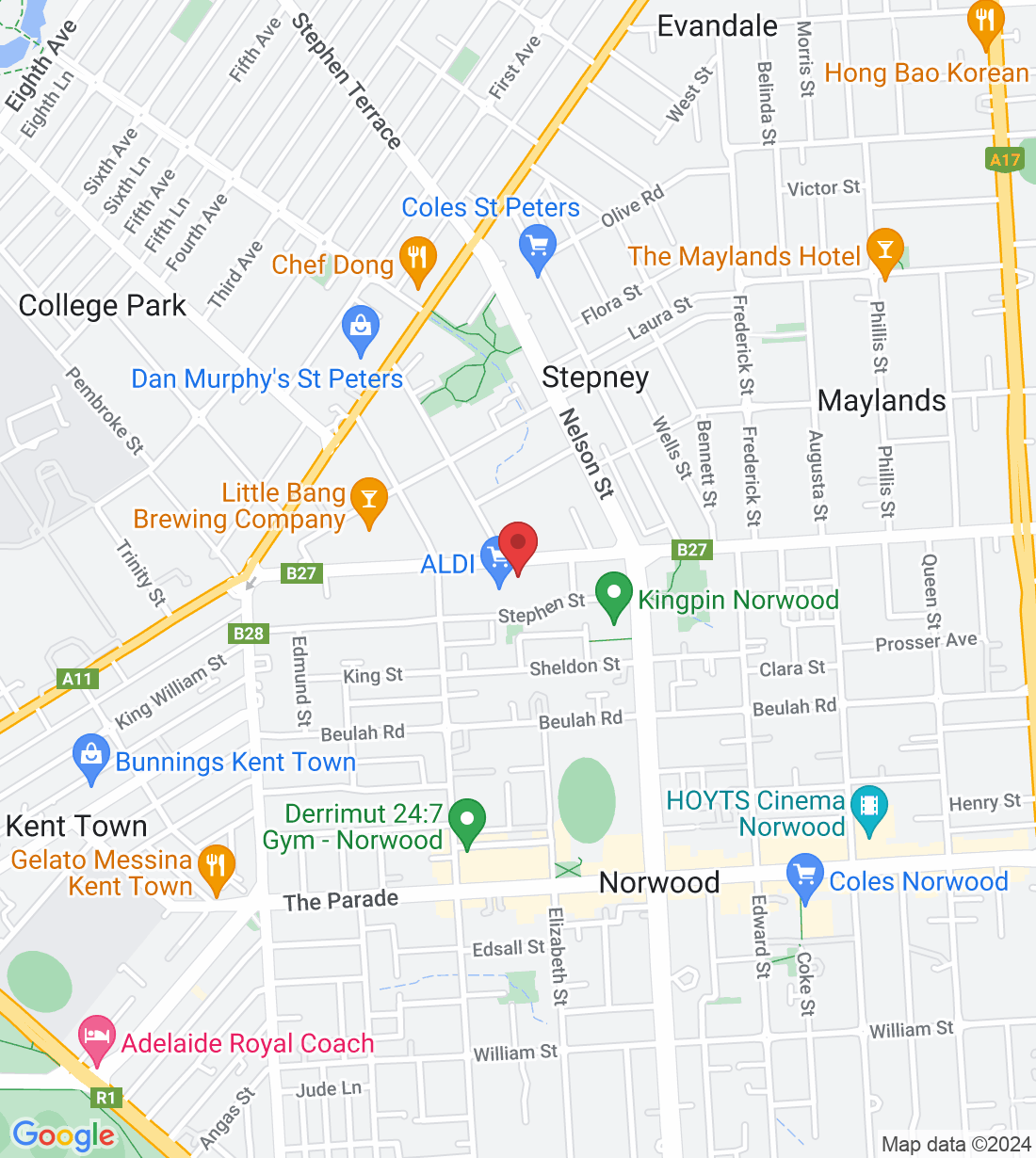
Fit Bumps, Happy Mums: Unveiling the Empowering Benefits of Exercise During Pregnancy!
Pregnancy is a transformative journey for women, marked by numerous physical and emotional changes. Traditionally, there has been a misconception that pregnancy is a time for rest and minimal physical activity. However, a growing body of evidence and evolving guidelines suggest that exercise during pregnancy is not only safe but also brings a multitude of benefits for both the mother and the developing baby.
Physical Benefits for the Mother
Gestational Weight Management: Pregnancy often comes with weight gain, and while this is a natural part of the process, maintaining a healthy weight is crucial. Exercise helps expecting mothers manage weight gain and reduces the risk of gestational diabetes.
Improved Cardiovascular Health: Regular physical activity enhances cardiovascular health, which is particularly important during pregnancy. Improved blood circulation benefits both the mother and the baby, ensuring that essential nutrients and oxygen are efficiently delivered.
Reduced Pregnancy Discomfort: Exercise can alleviate common discomforts associated with pregnancy, such as back pain, swelling, and constipation. Regularly exercising can help reduce the strain on the lower back.
Gestational Diabetes Risk Reduction: Engaging in regular physical activity has been linked to a lower risk of developing gestational diabetes. This condition, which affects blood sugar levels during pregnancy, can have short and long-term consequences for both the mother and the baby.
Mental Health and Well-being: Pregnancy hormones can sometimes contribute to mood swings and increased stress levels. Exercise, can help to regulate brain chemicals and stabilise mood and combat stress, anxiety, and depression, promoting better mental health for expectant mothers.
Benefits for the Developing Baby
Healthy Birth Weight: Regular exercise has been associated with a lower risk of delivering a baby with excessive birth weight, which can contribute to complications during labor and delivery.
Reduced Risk of Preterm Birth: There is evidence to suggest that maintaining a regular exercise routine during pregnancy may lower the risk of preterm birth. While more research is needed in this area, current findings are encouraging.
Improved Placental Function: The placenta plays a crucial role in nourishing the developing baby. Regular physical activity has been linked to improved placental function, ensuring optimal nutrient and oxygen supply to the baby.
How to exercise safely and effectively in pregnancy
The 2022 Australian guidelines on physical activity in pregnancy makes the following recommendations;
All pregnant women without complications are encouraged to meet the Australian guidelines for adult physical activity of 150 minutes/week of moderate intensity cardiovascular exercise plus two resistance exercise sessions before, during and after pregnancy.
Modifications to exercise may be required due to physical changes as pregnancy progresses. Women with concerns (including warning signs of complications) are advised to seek advice from a qualified and experienced health professional (such as a Vital Core Women's Health Physiotherapist) or their obstetrician.
All pregnant women are advised to do pelvic floor exercises during and after pregnancy.
All health professionals should support and take an active shared-decision making role with pregnant women about their physical activity during and after pregnancy.
What sort of pregnancy exercise is appropriate?
Each week pregnant women should aim for cardiovascular, resistance/strength as well as stretching and mobilising exercises.
One of the most important considerations when choosing an exercise in pregnancy is, what do you like to do? There is no point choosing the amazing pregnancy yoga class if you find yoga dull. Similarly if pilates has never been your thing - now is not the time. Find an activity that fills your bucket and makes you feel good both physically and mentally.
If you haven't exercised before getting pregnant start small and gentle - perhaps a short walk. We would encourage you to come and talk to one of the Vital Core women's health physios.
Cardiovascular fitness suggestions;
Walking - A walking program can be designed to cover the cardiovascular component. It's amazing how easy it can be to get 30 minutes of walking in most days - even if you work full time!
Swimming - Water based exercise especially in later pregnancy is A.M.A.Z.I.N.G!
Exercise bikes can be great dependent on where the tummy is sitting. We don't advise road riding much because of the risk of falls or being knocked off your bike. Remember your reflexes generally aren't as good as they usually are.
Running is totally fine to continue as long as you feel ok. At Vital Core we have had a huge number of women who have comfortably continued to run through much of their pregnancy. Some women are able to keep it up without ill effect all the way through pregnancy. Others feel they need to stop earlier.
Resistance training suggestions;
As you progress through your pregnancy the physical changes place significant demands on your joints. The stronger you are the easier it will be to move about and change position. It will likely mean you are not straining areas as easily meaning less discomfort and pain.
If you have been going to the gym, you are more than welcome to continue with that. If you would like some help understanding how to modify your weights program, please come and speak to us.
Another way to get your resistance exercise in is by joining our Vital Core Mummycise or Clinical Pilates style class. These are held through out the week in the evening and Saturday morning. There is no minimum 'stage' you need to be at to join. Whenever you (and your Vital Core physio) feel it's right for you.
An evening home program of simple body-weight or free weight or resistance band exercises can ensure you are continuing to build the muscular support for your every growing body. Vital Core physio's can set you up with a home exercise program using our easy-to-use App based exercise software.
Conclusion
Embracing a regular exercise routine during pregnancy is not only safe but is also associated with a myriad of benefits for both the mother and the developing baby. As we continue to evolve our understanding of pregnancy and exercise, it is clear that physical activity plays a vital role in promoting a healthy pregnancy, managing discomfort, and fostering overall well-being. By adhering to established guidelines and consulting with healthcare providers such as the Women's Health Physio's at Vital Core, expectant mothers can embark on an empowering journey that encompasses both physical and mental health, laying the foundation for a healthy start to parenthood.
Ask a question of Vital Core Physiotherapy
Fill in the form to request a Call From Our Team
One of our team will call you for FREE and answer any questions or concerns you may have about your condition
© 2023 Vital Core Physiotherapy





